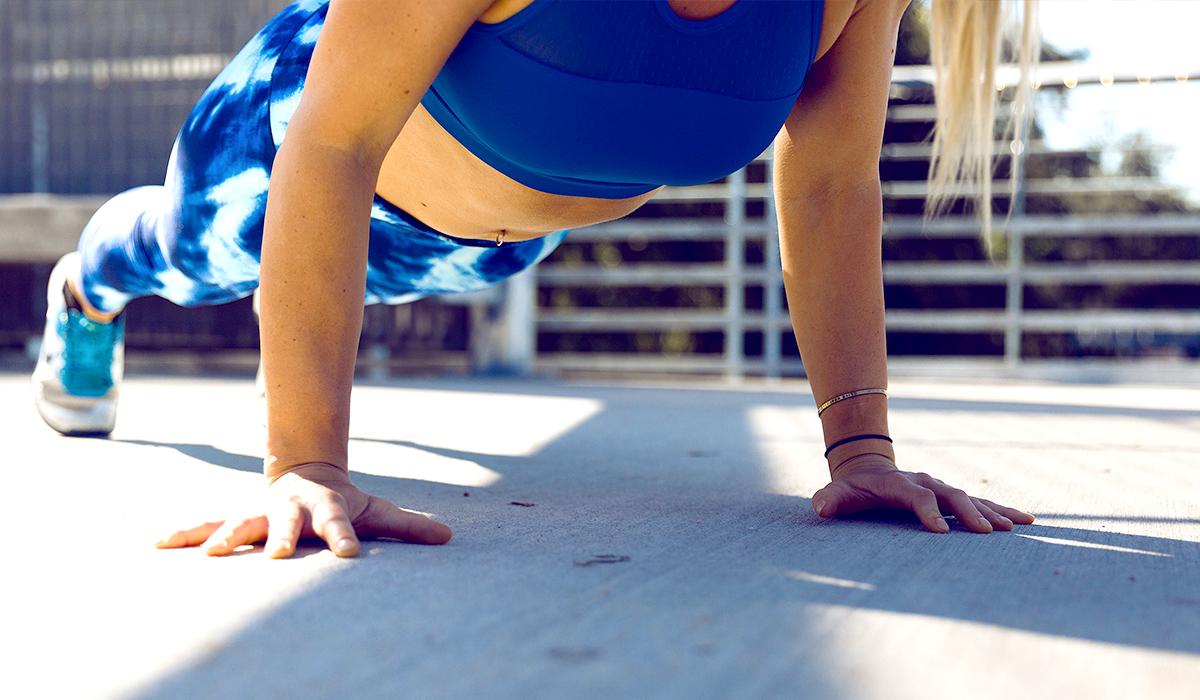Core workouts. Core-building exercises. Core strength. “You’ve got to work your core!”
Seems like everyone in the fitness world is always talking about “the core,” yet does the typical person fully understand what the core is and why it matters so much?
According to Bend physical therapist Rob Hollander, the core is made up of the many individual muscles and muscle groups that make up your torso, or the center of the body – all of which are essential for optimal movement, and stability.
“Maintaining your core is actually quite vital to overall fitness and health,” said Hollander, co-owner of Alpine Physical Therapy in Bend. “Not focusing on keeping the core strong can set one up for poor posture and balance, which can put unnecessary strain on other parts of the body. This can make a person more susceptible to chronic conditions like back pain, or acute injuries like abdominal strains.”
And whether you realize it or not, your core plays an essential function in daily life. Sitting, standing, turning sideways … nearly any physical movement involves your core in some way. A debilitating injury to a weak, unstable or inflexible core – say, a core muscle injury (often, and misleadingly, called a “sports hernia”) – and one’s quality of life can be dramatically impacted.
“Your core isn’t a part of the body you want to ignore when looking to maintain or improve your fitness level and live an active life,” Hollander said. “Fortunately, there are plenty of simple exercises out there that can keep your core strong – exercises you can do anywhere because they require no special equipment.”
Here are three tried-and-true core-strengthening exercises:
Abdominal Crunches: Lying on your back, place your feet on a wall so that your knees and hips are bent at 90-degree angles. Tighten your abdominal muscles and raise your head and shoulders off the floor. To avoid straining your neck, cross your arms on your chest rather than locking them behind your head. Hold for three deep breaths before returning to the start position, then repeat. This workout is a classic core exercise and flexes a number of the muscle groups that make up your core.
Plank Hold: This is an excellent way to strengthen your core and lower back muscles. Lie face down on the floor and place your elbows on the ground on either side of your body. Keep your stomach muscles tight and raise your body up off the ground, supported only with your elbows in front and toes in back. You must keep your core muscles tight and your butt lifted as high as your shoulders to avoid strain on the lower back. Hold the position for 10 seconds, then slowly lower to the starting position. Repeat five times. As you become stronger, you can experiment with holding the position for longer periods of time.
Leg Lifts: Leg exercises also contribute to your core strength. To do leg lifts, lie on your back with your legs straight and arms at your side, then lift your legs about 12 inches off the ground and hold. If that is too stressful, lift one leg at a time. You can do both legs together once you’ve built up strength.
If any of these exercises lead to pain or discomfort, don’t do them, says Hollander. But also don’t fret. Instead, visit a physical therapist to learn modifications or different core exercise options that take your current physical limitations into consideration. A physical therapist can also assess the cause(s) of the discomfort and limitations, then help put you on a path toward a more active, pain-free life.

you have done a good job